Spanish midfielder Aitana Bonmati deservedly won the Women’s Ballon d’Or – but the prestigious awards let our game down in more ways than one.
Bonmati was the only individual female player to win a top prize at the ceremony in France, as the awards have no women’s football equivalent for the Kopa Trophy (best under-21 player), the Yashin Trophy (best goalkeeper) and the Gerd Muller Trophy (the best striker).
She is a worthy winner and got my vote. At only 25 years old, she has won everything there is to win for her club – Barcelona – and country, including the 2023 World Cup.
Bonmati is outstanding and one of the most technically talented players there is.
However, Bonmati being the only woman to win a top prize is disappointing and an unfortunate reminder of how our game is still treated and perceived by some.
I cannot think of a reason why there would be no female equivalents of those awards.
When people try to justify reasons for not giving women’s football a platform – whether that be in media, infrastructure, or something else – you get chapter and verse of excuses, often regarding commercial revenue.
I don’t think that can be applied the Ballon d’Or.
It is an opportunity for things to be totally equal – and the awards missed a chance to set an example for others in sport.
The awards fell short because they are so well thought of and do play an important part – subconscious or conscious – in the way that people view and talk about football.
Another issue was the ceremony took place in the middle of the women’s international window, which meant not all the female nominees were able to attend the ceremony.
That is a real shame.
The football calendar is jam-packed and I appreciate it will be difficult to find a time where nobody – male or female – is impacted by the timing of the event.
But the fact the ceremony was held in the midst of an international window meant players had to make the choice whether they attended the event – which could jeopardise playing for their national team – or not go.
To be nominated for the Ballon d’Or would be a highlight of any players’ career and, of course, you would want to attend to celebrate such an amazing moment.
There were also debates about the Women’s Ballon d’Or being presented to Bonmati by tennis star Novak Djokovic.
Some people felt it was problematic a female sportsperson was not given the platform, while others referred to his past comments about the matter of equal pay in tennis.
I can understand the issue about Djokovic’s involvement, but for me, the problem is rooted in the people who are making decisions like who is given the platform to present such an award – where do their priorities lie and is women’s football really one of them?
If they do not have women’s football at the forefront of their minds, then issues will arise and things will always fall short.
The Ballon d’Or is a night of celebration in our sport, but unfortunately – as so often has been the case in women’s football recently, other factors become unfortunate talking points rather than the sole success of the players.
A tough camp for Scotland Women after Dutch double defeat
It was a difficult international window for Scotland Women, as we suffered two defeats against the Netherlands, in Nijmegen last Friday and then at Hampden on Tuesday night.
We went into the Uefa Nations League double-header confident of getting results, so it is disappointing to have not done so.
Coming into this campaign in September, we wanted to be in Pot A, but, with that, we knew there would be some very tough games against top opposition.
In this group, we have faced the current European champions in England and the previous Euros champions in the Netherlands – and both sides would be considered as two of the best in the world.
Such opposition means we have had to adapt the way we have played and I think there have been plenty of positives to take from aspects our performances.
We have also had to make changes because our most recent camp was affected by injuries, so, of course, we had to reshuffle personnel and our approach – that is not an excuse, but the reality of what we have had to contend with.
The 4-0 defeat in the Netherlands on Friday was our biggest disappointment of the campaign so far.
We felt we lost out in too many areas and if you do that against a top side like the Dutch then you are going to be punished for it.
At Hampden on Tuesday, we wanted to show a response to that – and I think we did that, but, of course, it was disappointing to not pick up a result.
There were much finer margins than the previous game in the Netherlands and they scored with a strike from outside the box which came off the post and rolled over the line.
I think we have shown how much we’ve grown during the Nations League campaign.
As a squad, we do not have a lot of experience playing against the best sides in the world – and some of that comes down to our own failure to qualify for the last two major tournaments.
The Nations League games have been valuable for us because we have been able to compete and go toe-to-toe with top nations.
We all want to win games and we understand that picking up one point in four games is not ideal, but we have learned a lot as a group and will be looking to put those learnings in action again in the final group matches in December.
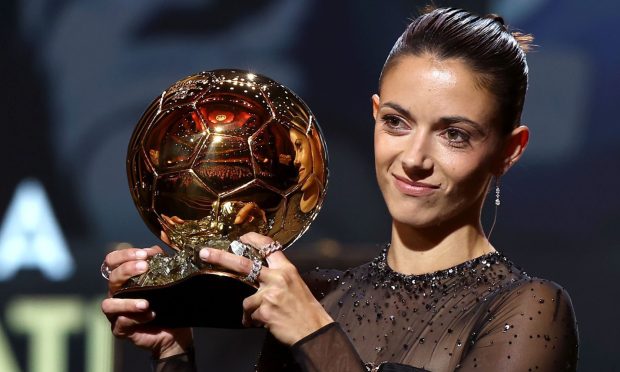
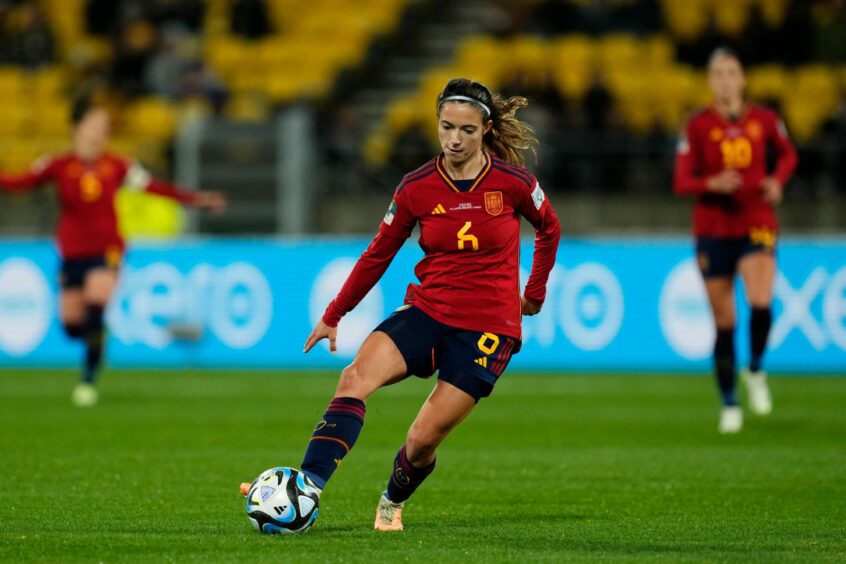
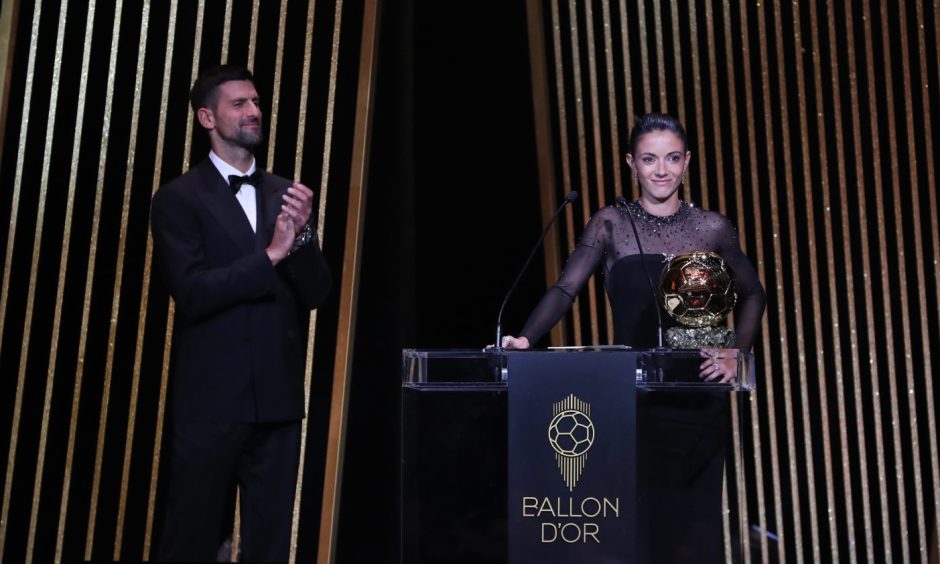
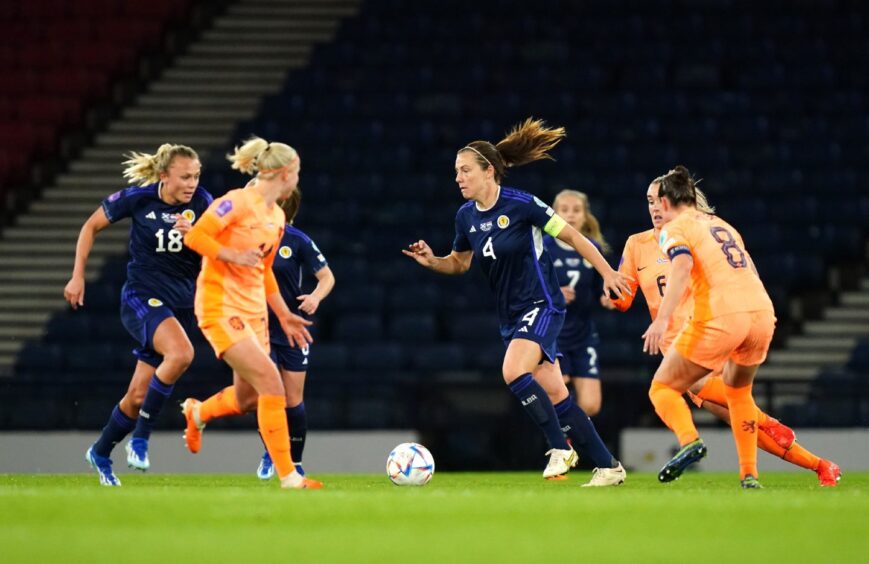
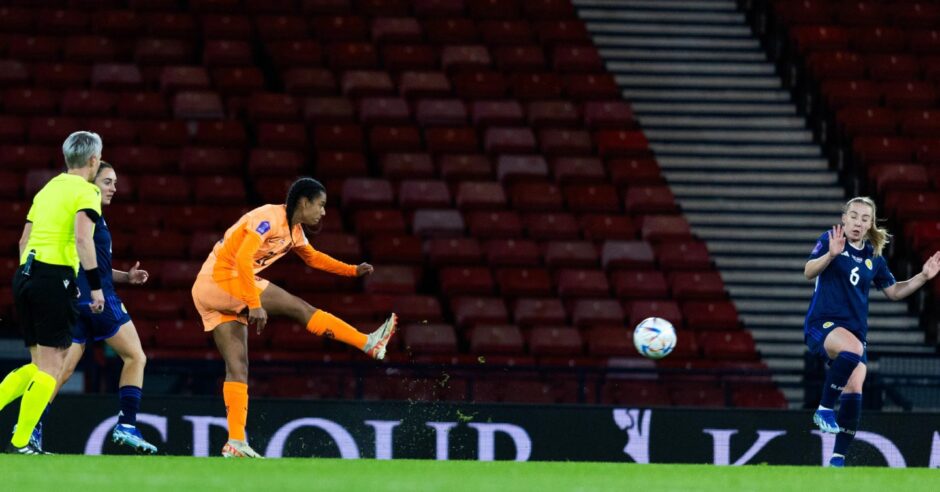
Conversation